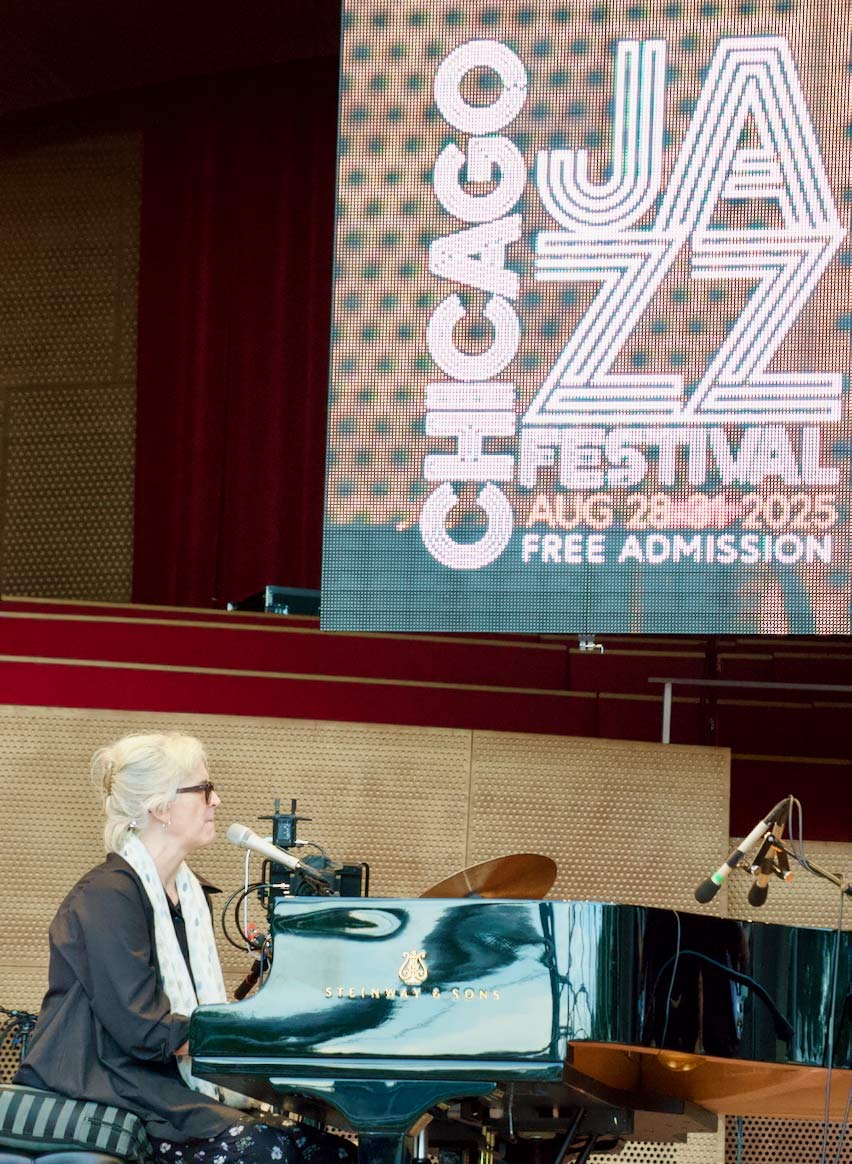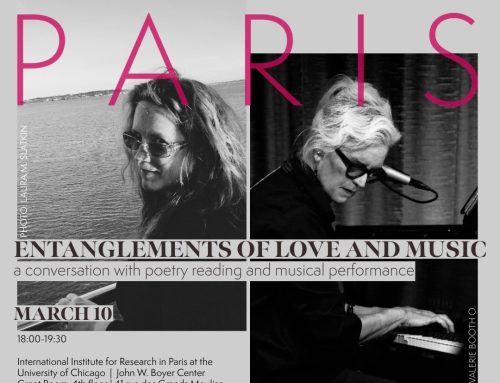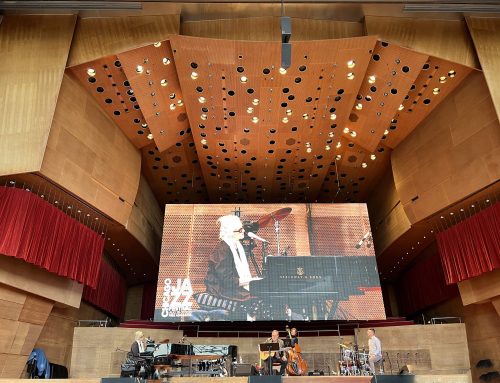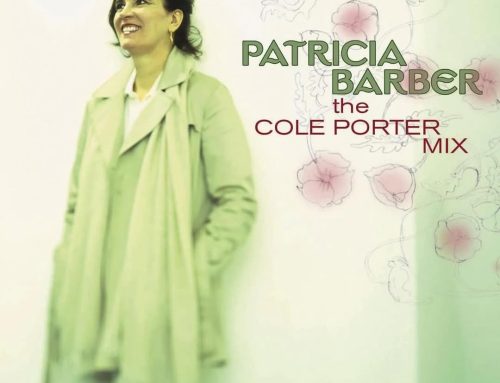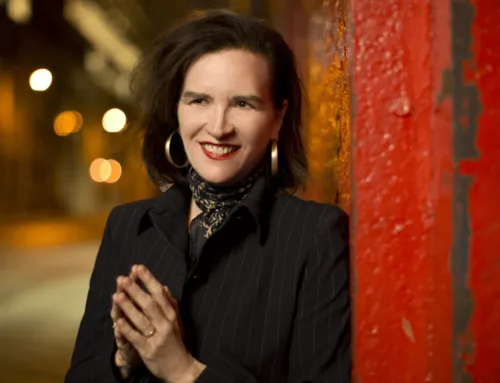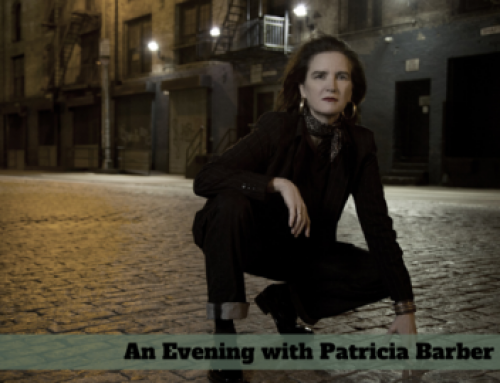The 45th Chicago Jazz Festival kicked off its headline events with two erudite individuals, Esperanza Spalding and Patricia Barber. Both worldly, wordy intellectuals, they’re also groovers, sensualists, bad-asses.
Night two of the fest tasted barbs from Barber, who claimed she hadn’t been invited since 1992. (In fact, she last appeared in 2002.) Barber alleged her first appearance was heralded by a warning not to sing originals, which she summarily ignored. Originals made up the lion’s share of this rare and substantial set, which comprised six self-penned pieces, several from the ’90s (“Like JT,” “Touch Of Trash,” “Company”) and five standards, if jazz police will permit Sandy Denny’s “Who Knows Where The Time Goes?” and “Black Magic Woman.” The latter she waxed live at the Green Mill on Companion (Blue Note/Premonition 1999) with the insinuating guitar of John McLean, but that chair has long been held by the versatile Neil Alger. Alger contributed lovely acoustic accompaniment to Jobim’s “Triste” and fuzzed-out snark on “Trash,” but the 1968 Peter Green classic, with its heritage as an Otis Rush lift and feature for Santana, was pregnant with shred expectation in Millennium Park. Alger delivered with composure and insouciance (later performing with his own Here And Now, alongside incisive trumpeter Chad McCullough, at the fest’s WDCB Jazz Lounge). Barber’s drummer, Jon Deitemyer, was also additionally booked — clearly a first-call accompanist for vocalists — appearing with up-and-coming singer Isabella Isherwood and pianist Jeremy Kahn. But it was Emma Dayhuff who stood out in tandem with Barber on a stunning duo of “Wild Is The Wind,” during which she eked uncommon resonance and poignancy from her contrabass with hypersensitive arco work.
Barber, the ice queen, unapologetically grey and gay (her hair was dark 23 years ago and she insisted her closer “Devil’s Food” was a “gay song”), reminded that she remains a school of one. She hit poised long notes vocally, yet she has a line in sharp instrumentals, too (check out “Crash” from Live: A Fortnight In France, Blue Note 2004), which she sometimes neglects in favor of her skewering observations about contemporary society or folk she either adores or finds insufferable.

